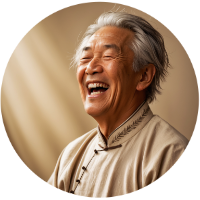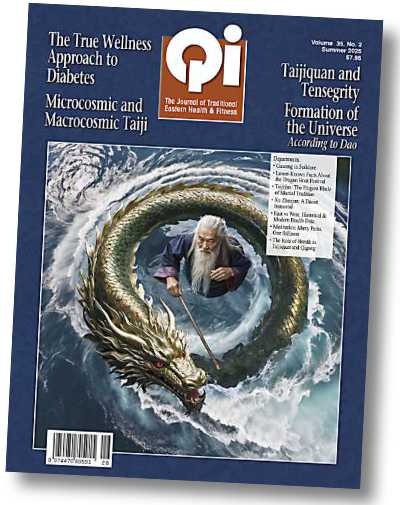Do You Really Need 8 Glasses of Water?
“Drink eight glasses of water a day.” It’s advice you’ve probably heard your whole life. But where did this rule come from, and is it right for everyone?
What the Studies Say
- A 2002 review in the American Journal of Physiology found “no scientific evidence” supporting the 8-glass rule as a general requirement.
- Harvard Health experts note that thirst and urine color are better indicators than fixed amounts.
- Overhydration has been linked to hyponatremia—a dangerous drop in sodium levels—especially in endurance athletes.
- TCM physicians observe that excessive water can burden the Spleen, leading to symptoms like poor appetite and swelling.
The truth is, this popular guideline didn’t come from Traditional Chinese Medicine—or even modern science. In fact, the original idea may have stemmed from a 1945 U.S. government recommendation that adults consume 2.5 liters of water daily. What’s often left out is the rest of the sentence: “Most of this quantity is contained in prepared foods.” Somewhere along the way, that second part got dropped.
In Traditional Chinese Medicine (TCM), water intake isn’t one-size-fits-all. Instead of prescribing a fixed volume, Chinese doctors assess the quality of your hydration, how well your body processes fluids, and your constitution. The Spleen and Kidneys are central in this system—one transforms food and drink into useful energy and fluid, while the other stores and regulates water. If either is weakened, simply drinking more water doesn’t solve the issue.
In fact, overhydration can be just as harmful as dehydration. If digestion is weak (Spleen qi deficiency), too much water can lead to bloating, fatigue, or even loose stools. Cold water in particular is thought to slow the digestive fire and impair the body’s ability to transform and transport fluids effectively.
Rather than obsessing over a number, TCM encourages you to pay attention to signs: Are your lips dry? Is your urine dark or scanty? Are you sweating a lot or eating salty foods? These clues help guide fluid needs more naturally than a measuring cup.
Also, not all fluids are created equal. Soups, teas, fruits, and even congee all count as part of daily fluid intake—and they come with added benefits like nourishment, warmth, and easier digestion.
Context matters too. In hot weather, during illness, or after intense exercise, your body may need more fluids. But on a quiet winter day, sipping hot tea may be enough.
The real question is not “How much?” but “How well?” Are you absorbing and using the fluids you consume? If the answer is yes, and your body feels balanced, then you’re probably doing just fine—even if you’re nowhere near eight glasses.
Vocabulary Guide:
- qi (气): Vital energy or life force
- yangsheng (养生): Nourishing life or health preservation
- Spleen qi: In TCM, refers to the energetic function of the Spleen in digestion and fluid metabolism









